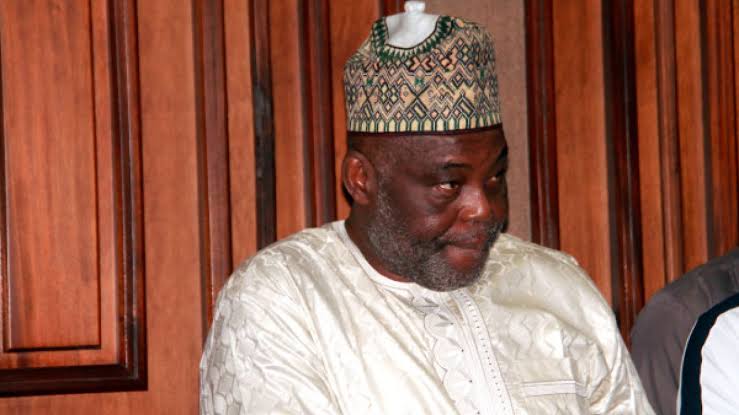A High Court of the Federal Capital Territory (FCT) in Maitama, Abuja has dismissed a defamation suit by businessman/politician, Raymond Dokpesi against the Minister of Information, Lai Mohammed and Attorney General of the Federation (AGF), Abubakar Malami.
Justice Olukayode Adeniyi, in a judgment on Tuesday, held that Dokpesi failed to establish his claim that Mohammed defamed him by allegedly including his name in a supposed list of looters at a press conference addressed on March 30, 20018 by the Minister.
Dokpesi had, in the suit, stated that the Minister’s alleged inclusion of his name among supposed looters of the nation’s treasury has defamed him and damaged his reputation.
He demanded N5billion damages, public apology to the published in five national dailies, among other reliefs.
Justice Adeniyi, in the judgment, faulted the evidence led by Dokpesi through the eight witnesses he called and held that the claimant failed to prove the publication of the alleged defamatory statement.
He noted that the evidence of the eight witnesses were similar, giving the impression that they were tutored and that their statements were made before hand through the same mechanical means.
Noting that the situation presented by the witnesses could be termed; “hear one, hear all,” the judge found that the evidences of the witnesses are materially the same.
He also noted that while Dokpesi pleaded libel, his witnesses gave evidence of slander by all claiming to have heard of the alleged defamatory publication on Channels Television.
Justice Adeniyi also found that the witnesses called by Dokpesi, who claimed to have watched the press conference on Channels TV, did not give evidence in respect of the exact statement made by Mohammed, which they claimed defamed the claimant.
Upon examination, I do not fine the claimant’s witnesses’ evidence under cross-examination as helpful in establishing publication.
At best, the totality of their testimony, stating that they heard the first defendant calling the claimant a looter, amounted to speculation as they failed to give evidence as to th exact words allegedly spoken by the first defendant.
“I must hold that the evidence of CW1 to CW8 fell abysmally short of the acceptable evidence of publication of the alleged slander.
“I must quickly add that whatever opinion the claimant’s witnesses have, with respect to the alleged defamatory statement, in terms of how they received it or what interpretation they gave to it, becomes irrelevant, they having failed to give a clear and credible evidence of the said statement,” he said.
The judge further added that the claimant’s failure to prove that the alleged defamatory statement was published to the witnesses fatally paralysed his case.
He held that having not proved publication which is the first ingredient necessary for the success of a defamation suit, it was needless, based on the evidence before the court to proceed to examine whether the claimant proved the other ingredients.
The judge then proceeded to dismiss the case.
